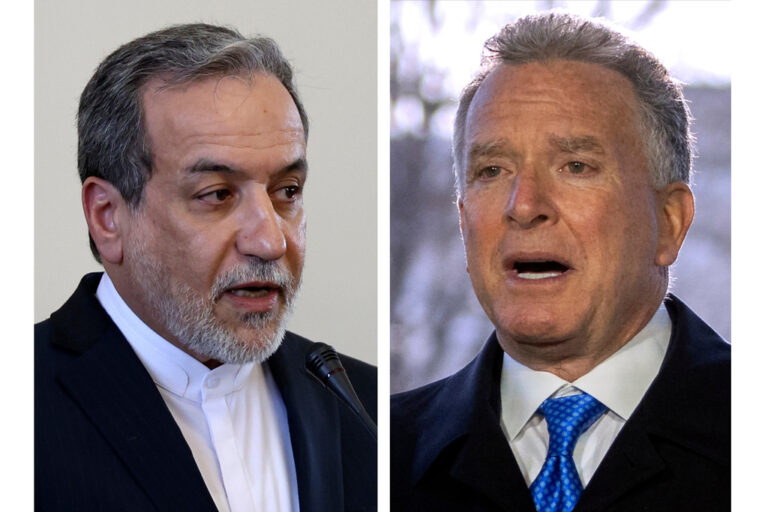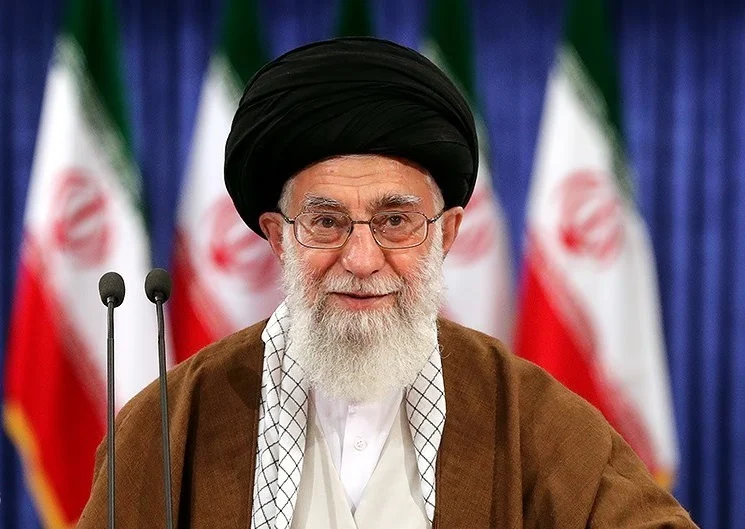A former top Syrian intelligence official long accused of overseeing brutal torture operations during the early years of the Assad regime’s crackdown has been arrested in Austria after more than a decade evading international investigators. The case has triggered diplomatic ripples across Europe and the Middle East after prosecutors revealed the official had secretly been working as a double agent for Israel’s Mossad.
Khaled al-Halabi, 62, the former head of Syrian Military Intelligence Branch 335 in Raqqa, now stands as the most senior Assad-era official charged in Europe with crimes against humanity. Austrian prosecutors say he directed systematic torture, kidnappings, and violent interrogations against protesters and opposition activists between 2011 and 2013.
At least 21 survivors have provided testimony, describing electric shocks, severe beatings, and prolonged torture — some allegedly carried out inside al-Halabi’s personal office. Two victims are expected to testify in court.
One witness, Dr. Obaida al-Hamda, a physician who helped treat wounded protesters, said he was arrested in February 2012 and tortured repeatedly over 28 days. He said he saw al-Halabi’s name on the office door where he was beaten, and accused deputy commander Musab Abu Rukba of striking him with a pipe while demanding the names of demonstrators.
Another victim, attorney Asyad al-Mousa, recounted that after fleeing to Europe in 2015, he unexpectedly encountered Abu Rukba in an Austrian refugee camp. Despite filing a complaint, the suspect remained free at the time.
Both al-Halabi and Abu Rukba deny involvement in torture or abductions. It is unclear whether Abu Rukba has also been detained.
Al-Halabi, a Druze officer originally from Sweida, rose quickly through Syria’s security ranks after joining the intelligence services in 2001. He assumed leadership of Raqqa’s Branch 335 in 2008 and, according to investigators, directly supervised aggressive repression operations during the uprising.
When rebel forces approached Raqqa in 2013, he fled first to Turkey, then Jordan, and eventually Paris. Western investigators initially viewed him as a potential defector who could testify against the Assad regime — but evidence soon mounted implicating him personally in atrocities.
As France tightened asylum vetting, al-Halabi vanished. The revelation of how he escaped stunned investigators.
Austrian prosecutors say that in 2015, Israeli Mossad officers — working with senior officials in Austria’s domestic intelligence agency, the BVT — covertly transported al-Halabi by car from Paris to the Austrian border. He was granted asylum, provided funding for an apartment in Vienna, and shielded from scrutiny.
According to investigators, al-Halabi had been recruited as a Mossad double agent years earlier while still serving in Syrian intelligence. The cooperation agreement was reportedly finalized during a 2015 visit to Israel by the head of Austria’s BVT, who agreed to ensure al-Halabi’s protection.
Five Austrians — four intelligence officers and an immigration official — were later charged with abusing their authority in connection with the scheme. Four were acquitted due to insufficient evidence; the fifth could not stand trial due to medical reasons.
Al-Halabi might never have been found if not for a years-long investigation by international legal NGOs, including the Commission for International Justice and Accountability and the Open Society Justice Initiative. Researchers collected documents, tracked witnesses, and even used a social-media photo al-Halabi posted of himself on a Budapest bridge to help pinpoint his location.
He was arrested in Austria last December.
Human rights groups say al-Halabi’s prosecution represents a major milestone in efforts to hold Syrian regime officials accountable. European courts in Germany and Sweden have already secured convictions in similar cases, but al-Halabi is by far the highest-ranking official to face charges.
“Just hearing his name on the street used to make us tremble,” said Abdullah al-Sham, a former underground activist from Raqqa who helped locate witnesses. “To see him now sitting in a courtroom — it feels like the world has reversed.”
(YWN World Headquarters – NYC)











